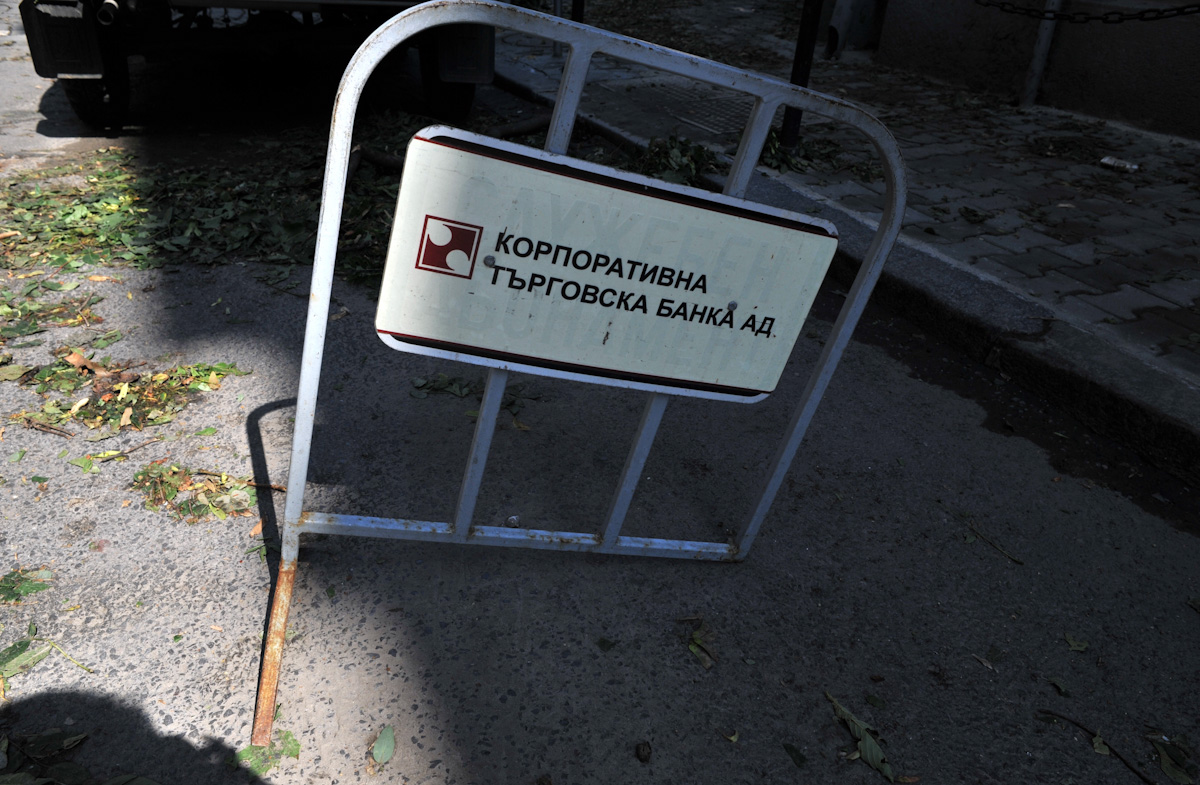
It took KTB nearly a decade to turn from a very small and insignificant bank into the fourth largest Bulgarian bank. In this period, its assets registered an average annual growth of almost 50% and its share of the total assets of the Bulgarian banking system increased by 17 times.
This was achieved through a very close and downright suspicious “cooperation” with the state both in terms of attracting deposits from large state-owned enterprises, as well as in terms of investing in sectors closely regulated and governed by the state, such as the energy and defense industries.
KTB created a legally hidden, but societally obvious vicious symbiosis with a large complex of influential media, blatantly serving and pumping-up the bank’s public image and ruthlessly attacking any opponents to its activities.
KTB entered into non-transparent relationships with foreign capital, at least some of which visibly subordinate to a foreign government power.
Both the spectacular rise and the even more spectacular crash of the bank indicate the co-existence of two types of government institutions in Bulgaria: those which are captured by specific private (or foreign government) interests, and those which fail to check and counter such interests.
…achieved through a very close and downright suspicious “cooperation” with the state …
The Concerns
A grave danger exists that the lessons which the failure of KTB can bring to the Bulgarian society and its long-term ability to prevent state capture and to build institutions genuinely serving the public interest may be lost due to the lack of prompt investigation into the intricacies of the case of KTB.
The ongoing inquiries by the prosecution and Parliament are superfluous and it is uncertain whether they will reveal the hidden and intricate mechanisms of state capture even on the grand scale of the KTB failure. But even if they are revealed, possibility exists that the truth about them may be kept a secret from the public. If the investigation of the case is not performed to the very bottom of these mechanisms which allowed for its emergence and development, Bulgarian society will not have a real chance for lessons to be drawn and institutions to be reformed, so that similar events can be prevented. It is certain that such projects will develop in the future as well.
Our Effort
Therefore, we, three Bulgarian NGOs – Centre for Liberal Strategies, Transparency International – Bulgaria and ‘Access to information’ Programme – decided to unite in a common effort.
Our strategic goal is to assist the creation of actual capacity of Bulgarian public institutions to serve the public interest genuinely and to decrease their susceptibility to capture and corruption.
This strategic goal will be pursued through the achievement of the following three objectives:
to discover the mechanisms of state capture
First, to discover in their full depth and interrelated complexity the concrete mechanisms of state capture and corruption which made the KTB case possible. This includes revealing the role of individuals, of state institutions and regulations, of media and foreign factors in both the rise and the fall of the bank.
outline effective lines of reform in specific institutions and regulatory frameworks
Second, based both on general knowledge on state capture by private interests, as well as the specific knowledge on the KTB case, to outline two potentially effective lines of reform in specific institutions and regulatory frameworks. First line will be to decrease the susceptibility to capture and corruption of key state bodies. The second – to increase the capacity of controlling and countering state bodies to withstand similar projects and practices in the future.
to contribute the debate for proposals to improve the operation of state institutions



 Държавата КТБ
Държавата КТБ